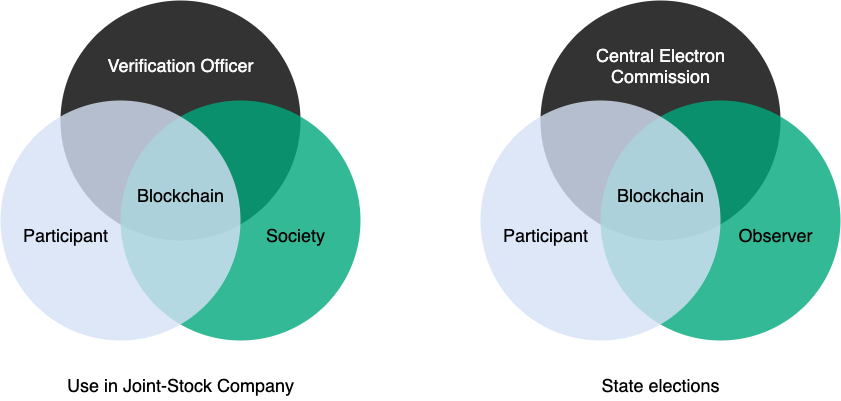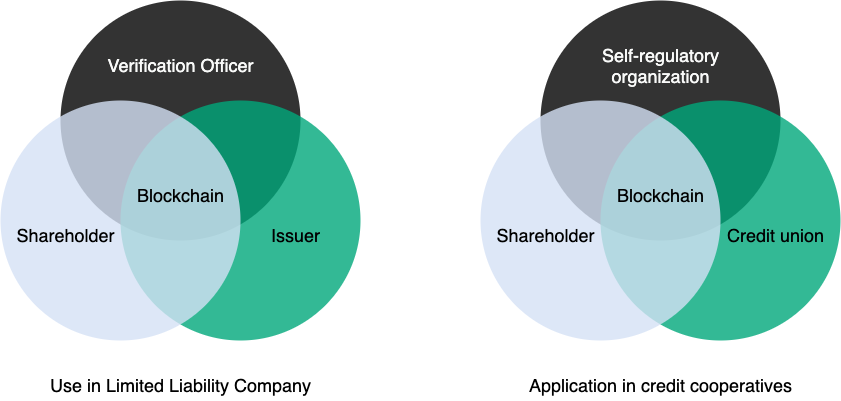WE.Vote voting system¶
Functioning and development of society are impossible without a mechanism for making collective decisions. These mechanisms are elections and voting, which are considered to be the fairest and most democratic form of determining public consensus today.
With the intense social interactions that characterize modern society, almost everyone faces the need to participate in decision-making procedures. However, despite the incredible development of technology, voting tools remain archaic.
Nevertheless, information technology allows a huge number of tasks to be done online, but most voting procedures still require either in-person attendance or the printing, distribution, and processing of paper ballots.
The development of electronic voting systems eliminates the problem of personal presence, but their application in practice is still limited. This slow implementation of technology can be considered partially justified. Besides the general inertia of large public structures, which does not allow them to enjoy all the advantages of advanced technologies, there are concerns about possible falsifications.
It should be admitted that the opportunities for falsification in electronic voting are not more frequent than in the “paper” version. The weak point in both cases is the centralized body that stores and counts votes. Though this body is trusted for voting participants, if there is a possibility to change a paper ballot or to “correct” a record in an electronic database, it is impossible to exclude completely possibilities for manipulations with voting results.
It is in the field of voting that distributed registry technology most clearly demonstrates its advantages -mainly , transparency and security.
Using the properties of the blockchain, as well as modern cryptographic algorithms - cryptographic protection of data integrity, decentralized consensus, inability to manipulate information, homomorphic encryption and separation of encryption keys - Waves Enterprise has developed the Waves Enterprise Voting platform, allowing any organization in which decisions are made collectively to organize and conduct trusted voting.
System Users

Basically, any organization in which decisions are made using voting — these can be system users. First of all, these are limited liability companies, credit cooperatives, and joint-stock companies. The solution is also suitable for self-regulatory organizations — homeowners’ associations and management companies. The platform can also be used to organize municipal and federal state votes.

About the system¶
Quick start¶
How to use the service¶
How the system works¶
Additional Information¶
- Frequetly Asked Questions
- What is WE.Vote?
- What differences exist between a blockchain-based voting and traditional voting methods?
- Is voting anonymous?
- How is a blockchain-based voting arranged?
- How is the voting procedure performed?
- Can a user change answers during voting?
- When will results be available?
- Are voting results encrypted?
- Can a voting itself be changed after its start?
- Can voting results be faked?
- Glossary
- Official resources